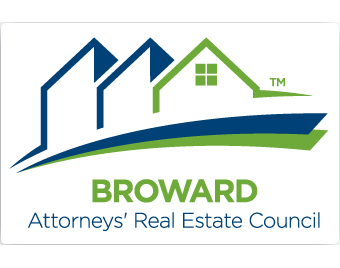Football player turned actor, Carl Weathers passed away at the age of 76, survived by 2 ex-wives, and two sons. Weathers’ family was pleasantly surprised (that almost never happens with this newsletter!) when they discovered a safe deposit box with over $650K IN CASH and two bank accounts with $140K!
So, what can we learn from this bank vault surprise?
We can learn all about the Florida probate process when someone leaves behind a safe deposit box. Several statutes discuss how to access and then remove assets in a safe deposit box.
Accessing a Safe Deposit Box
Florida Statute §655.935 outlines the search (not necessarily the removal) procedures of safe deposit boxes without a formal probate administration.
Who can search a safe deposit box?
The statute states that after providing the death certificate, certain individuals—spouse, parent(s), adult children, or the person named as the personal representative in the last will—can get access to the box. When trying to gain access without a court order, the bank may require further documentation, such as birth records, evidence of marriage, etc.
What can these folks do once they have access to the box?
They, along with the bank officer, can look for any writing that looks like:
If any of these documents exist, they can get the original, and the bank officer makes a copy to keep in the box.
Does Florida Statute §655.935 negate the need for a court order to get into a safe deposit box?
Not so fast. Although a court order is not technically necessary to see what’s inside a safe deposit box upon its owner’s death in Florida, most institutions will STILL require a court order to avoid liability. The bank is mostly interested in not getting used by another heir claiming that the bank released information or assets to the wrong individual. Additionally, this statute is only intended to search for a last will, burial instructions, or life insurance; it’s not to really access the contents in the box.
So what do we do if there is a box?
If a formal probate administration is necessary, automatically, the personal representative (PR) appointed will have the power to access the decedent’s safe deposit box after the Letters of Administration are issued. However, if we are moving forward with a summary probate administration (no PR is appointed) or no probate is needed, we would rely on Florida Statute § 733.6065 where we need a court order to open and inventory the safe deposit box and a second court order to remove the contents of the safe deposit box. Yikes!
Now, avid readers of this newsletter know to NEVER leave your last will (or very important papers) in your safe deposit box for this very reason. These very important documents belong at home in a fireproof box or in a safe where the very important people know about it.







The information on this website is for general information purposes only. Nothing on this site should be taken as legal advice for any individual case or situation.
This information is not intended to create, and receipt or viewing does not constitute, an attorney-client relationship.
© 2025 The Law Offices of Odelia Goldberg. All Rights Reserved. Privacy Policy. Web Development by IWD Marketing